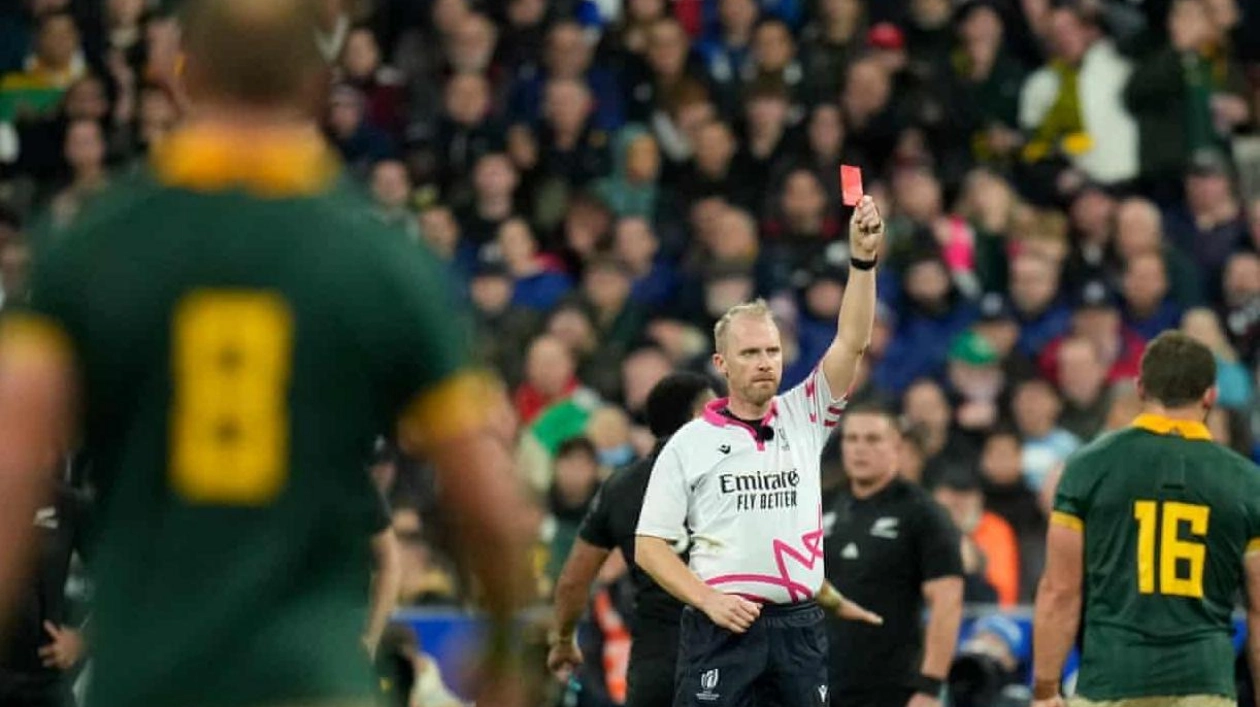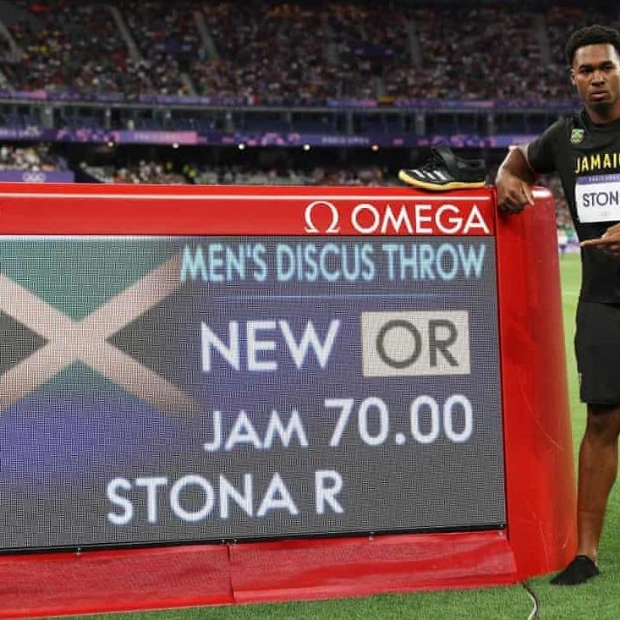Modern rugby union celebrated its 30th anniversary last month. It was in the autumn of 1994 when Louis Luyt, then president of the South African Rugby Union, declared that the sport would go professional after hosting the World Cup the following year. Luyt was the first prominent figure in rugby to openly discuss what others were only whispering about. His prediction was accurate. Although the actual anniversary of the International Rugby Board's decision to go pro falls next August, once Luyt had opened the door, there was no turning back.
Thirty years is a short span in the history of rugby, a sport that is both ancient, with its origins shrouded in mystery, and young, still evolving into its full potential. "We're still very new relative to many other professional sports," says Mark Robinson, CEO of New Zealand Rugby. Robinson, who played nine Tests for the All Blacks in the early 2000s, has been the CEO since 2020. This week, he has been busy with interviews and meetings ahead of the World Rugby Council meeting in Dublin on November 14, where he and other influential figures will discuss the sport's future direction.
Some of their plans will be showcased this weekend during the international matches, including England v New Zealand and Scotland v Fiji, which mark the start of the final autumn Tests. In 2026, these will be replaced by a biennial Nations Championship, a 12-team, two-conference competition culminating in a final between the top teams from the northern and southern hemispheres. The Tests will also feature the new red card trial law, allowing players sent off to be replaced after 20 minutes in certain cases. Robinson is a strong advocate for both changes and aims to make them permanent.
Robinson supports Brett Robinson, a former Australian flanker, in his bid to replace Bill Beaumont as World Rugby chair. Brett Robinson is up against Italy's Andrea Rinaldo and the charismatic Frenchman Abdelatif Benazzi, who has the backing of Qais al-Dhalai, president of Asia Rugby. Although Asia Rugby is historically minor, it includes wealthy federations like Qatar, which offered $800m to host the first four Nations Championship finals. Robinson acknowledges the All Blacks' openness to playing in the Middle East but is less enthusiastic about France taking over World Rugby's leadership. France is the only major country where club rugby is thriving, and its authorities have different ideas about the sport's growth, including rejecting the new red card trial law.
Robinson argues that the trial law prioritizes both player safety and fan enjoyment. "There's absolutely no change in how a player would be sanctioned under the same circumstances," he says. "We believe it's time for the game to modernize in this area. The threshold for red cards has changed significantly, with more unintentional and accidental events leading to red cards. We must ensure player welfare and safety are preserved, which they are under this proposal, while also considering fan enjoyment."
For Robinson, both the trial law and the Nations Championship address the same issue. "We need to focus on the participants, the players, and the fans, placing them at the center of our efforts. This means making the game more accessible, inclusive, and safe," he says. "Fans want faster games with shorter durations, fewer long interventions, and simpler rules."
Robinson views the Nations Championship as an opportunity for rugby to reinvent itself. "This competition requires winning every game to reach the final, creating a new narrative around the competition. It will lead to new ways for fans to follow the sport and for players to engage," he says. "It could also serve as a platform for innovation in the game's laws."
Meanwhile, the All Blacks are reviving "old school" tours, planning a three-Test series against South Africa in 2026, including matches against provincial sides. "This is driven by fan demand," Robinson says. "People expressed a desire for this."
While Robinson emphasizes fan desires, he acknowledges the need for boldness in seizing opportunities. "The upcoming vote on the future leadership of World Rugby is crucial. It's an opportunity for the sport to take further steps forward and become more progressive," he concludes.
Source link: https://www.theguardian.com






